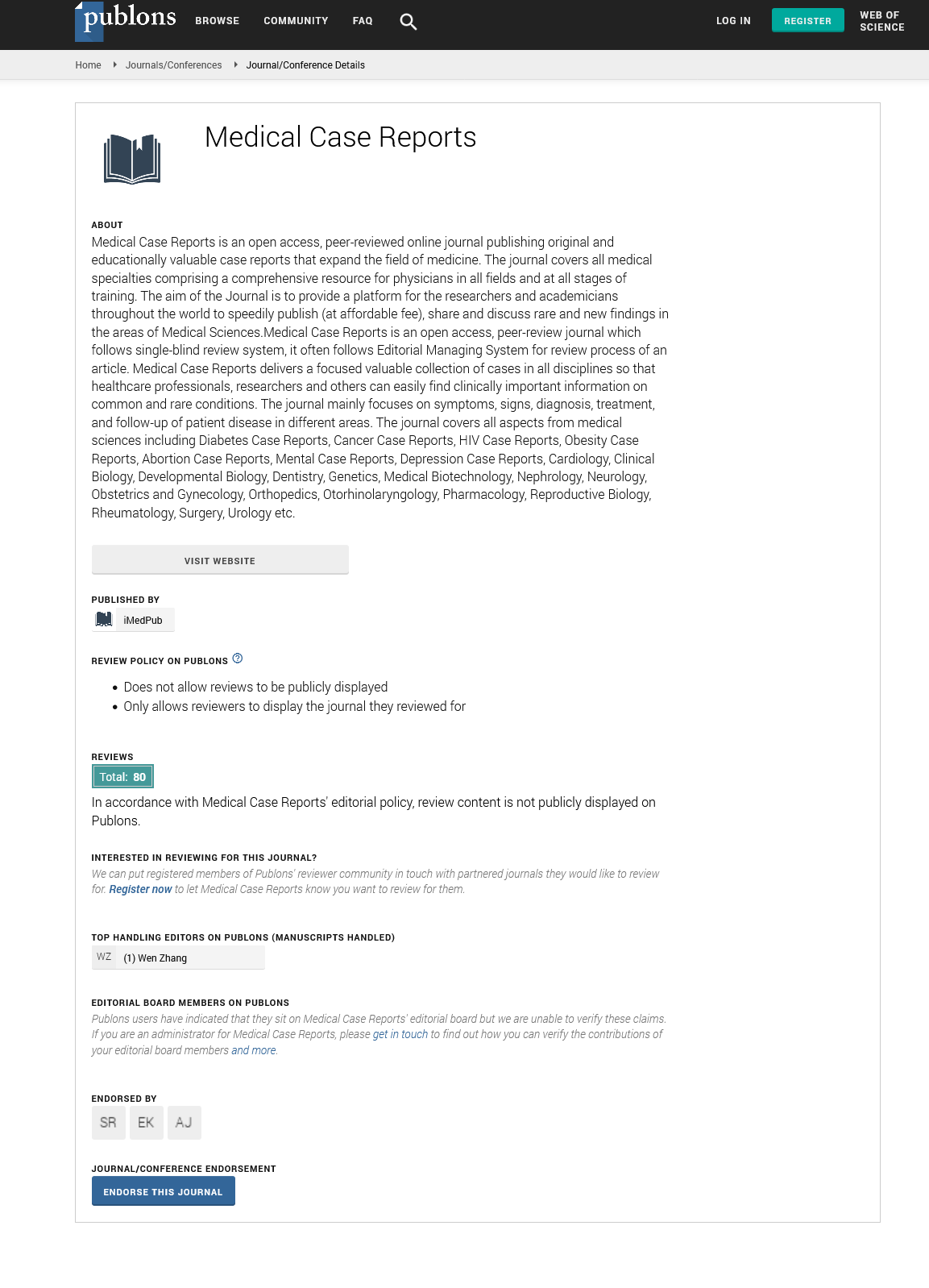Abstract
A 6-Year Follow-Up Study on a Child with Large Vestibular Aqueduct Syndrome
Large vestibular aqueduct syndrome (LVAS) is considered to be the most frequent morphogenetic cause of hearing loss in children, however, conservative treatments can't ultimately cure hearing loss caused by LVAS, and cochlear implantation has proved to be one of the best options to restore the hearing of patients with severe-to-profound deafness. In this paper, we followed up a child with LVAS closely, with frequent audiometric evaluations and health examination for 6 years; he experienced hearing loss from moderate to profound. Finally, he received a left cochlear implant. After a period of postoperative language rehabilitation training, the patient's residual hearing, especially in the low frequency, has not disappeared but has been retained at 18 months and 30 months after surgery. Now, he gets along well with their classmates in school and adapts well to social activities. We suggest that patients exhibiting LVAS should receive a CI at an earlier stage in hearing loss, when they have better speech perception, so as to established excellent speech perception outcomes.
Author(s):
Yan-Li Wang#, Bai-Cheng Xua#, Xiao-Yun Zhao and Yu-Fen Guo*
Abstract | Full-Text | PDF
Share this

Google scholar citation report
Citations : 241
Medical Case Reports received 241 citations as per google scholar report
Medical Case Reports peer review process verified at publons
Abstracted/Indexed in
- Google Scholar
- China National Knowledge Infrastructure (CNKI)
- Cosmos IF
- Directory of Research Journal Indexing (DRJI)
- WorldCat
- Publons
- Secret Search Engine Labs
- Euro Pub
Open Access Journals
- Aquaculture & Veterinary Science
- Chemistry & Chemical Sciences
- Clinical Sciences
- Engineering
- General Science
- Genetics & Molecular Biology
- Health Care & Nursing
- Immunology & Microbiology
- Materials Science
- Mathematics & Physics
- Medical Sciences
- Neurology & Psychiatry
- Oncology & Cancer Science
- Pharmaceutical Sciences


